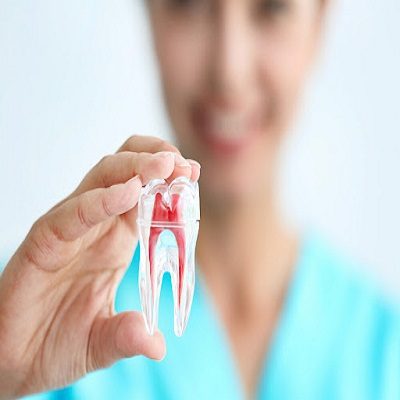Intracytoplasmic Sperm Injection, or ICSI, has revolutionized infertility treatment, particularly for men facing challenges related to sperm quality and count. By offering a targeted approach to fertilization, ICSI provides a promising solution for men who struggle with infertility. This procedure involves injecting a single sperm directly into an egg, bypassing obstacles that can prevent natural conception.
How Does ICSI Work?
ICSI treatment is a precise process designed to facilitate fertilization. In a conventional IVF procedure, sperm is placed near the egg in a lab environment, allowing for a natural fertilization process. However, when sperm quality or motility is compromised, the likelihood of successful fertilization decreases. ICSI overcomes these barriers by directly injecting a single healthy sperm into the egg, which significantly increases the chances of fertilization. Once the egg is fertilized, it is monitored for development and later transferred into the woman’s uterus.
Who Can Benefit from ICSI?
ICSI is especially beneficial for men with low sperm count, poor sperm motility, or abnormal sperm shape. It is also an effective option for men with azoospermia—a condition in which no sperm is present in the semen. For azoospermia cases, sperm can be retrieved directly from the testicular tissue through a minor surgical procedure before undergoing ICSI. Men who have previously undergone unsuccessful IVF cycles due to fertilization failure may also find ICSI a promising alternative. Couples with male fertility issues may seek advice from an infertility hospital in Lahore to determine if ICSI is suitable for their specific condition.
The ICSI Procedure: What to Expect
ICSI treatment follows a structured series of steps that require precision and expertise. It begins with ovarian stimulation in the female partner to produce multiple eggs, which are then retrieved through a minor procedure. At the same time, sperm is collected from the male partner, either from the semen or directly from the testicles in cases of severe male infertility.
Once both the eggs and sperm are collected, the ICSI process takes place in the lab. Skilled embryologists select a single healthy sperm to inject into each egg, thus maximizing the chances of successful fertilization. After the fertilized embryos develop over a few days, the best quality embryos are selected for transfer to the uterus. The remaining embryos, if viable, can be frozen for future use.
Success Rates of ICSI Treatment
The success rates of ICSI treatment depend on various factors, including the age and health of the female partner, the quality of the sperm, and the expertise of the facility. Generally, ICSI is a highly effective treatment for male infertility and boasts higher fertilization rates compared to traditional IVF methods. However, it’s important to note that while ICSI increases the likelihood of fertilization, it does not guarantee pregnancy. Couples are advised to seek treatment at an ICSI clinic in Lahore that specializes in this technique, as skilled professionals and advanced lab technology can contribute significantly to better outcomes.
Role of Azoospermia Treatment in ICSI
For men with azoospermia, ICSI combined with targeted azoospermia treatment can open new avenues to fatherhood. Azoospermia treatment may involve retrieving sperm through procedures like testicular sperm extraction (TESE) or percutaneous epididymal sperm aspiration (PESA). These methods allow men with no sperm in their ejaculate to still contribute viable sperm for ICSI, effectively addressing a major cause of male infertility.
Choosing the Right Facility for ICSI
Selecting a reputable fertility center is critical for a successful ICSI outcome. An infertility hospital in Lahore that offers comprehensive fertility services and advanced ICSI labs can provide patients with specialized care. Fertility clinics that employ experienced embryologists and use state-of-the-art lab technology are better equipped to handle the complexities of ICSI and other fertility treatments.
Conclusion
ICSI has proven to be a breakthrough for many couples facing male infertility, offering an effective solution for cases where conventional IVF might fall short. Whether due to low sperm count, poor motility, or azoospermia, men now have access to treatments that significantly increase their chances of fatherhood.












